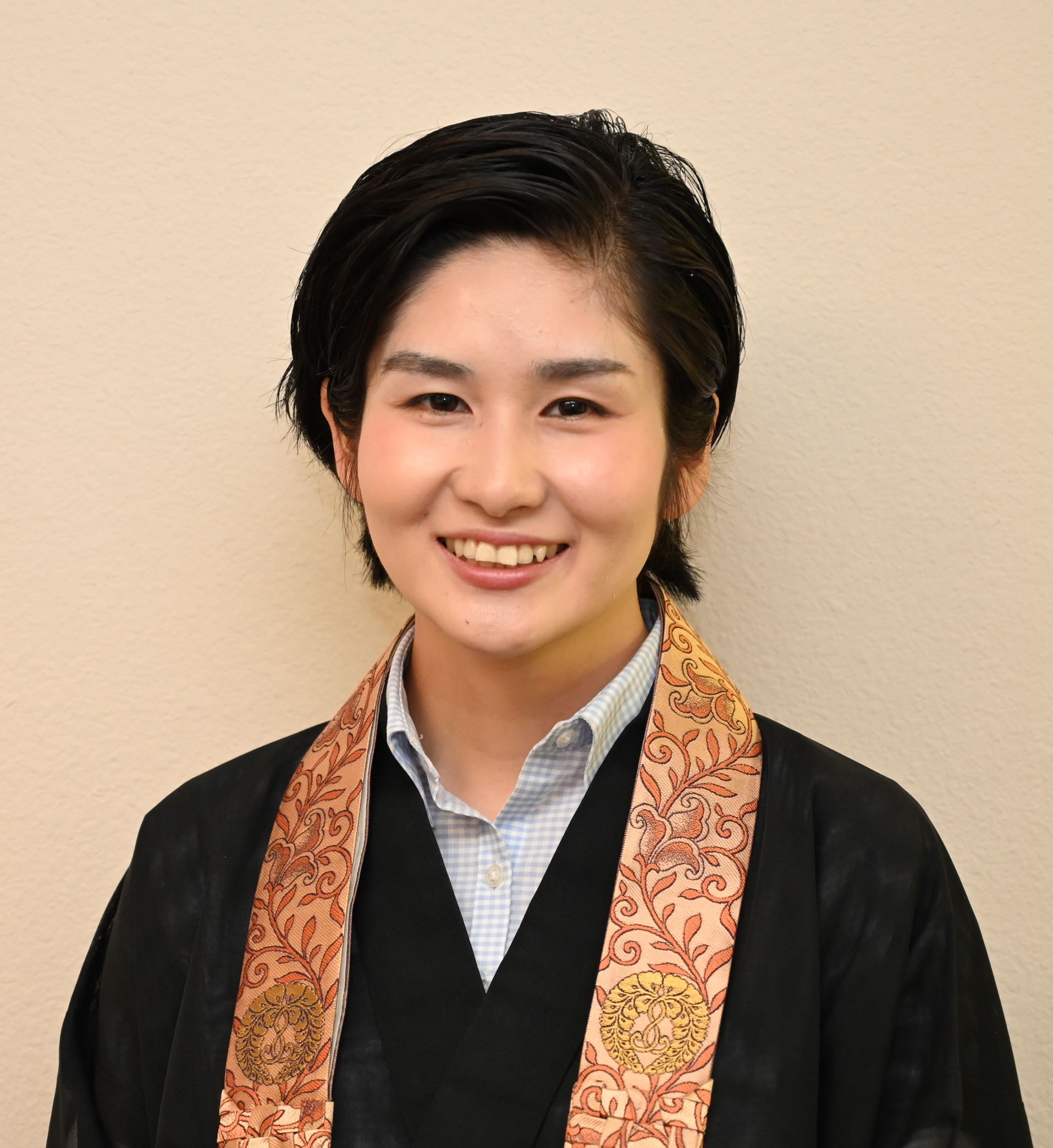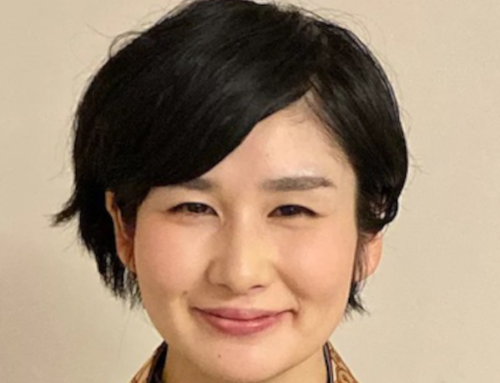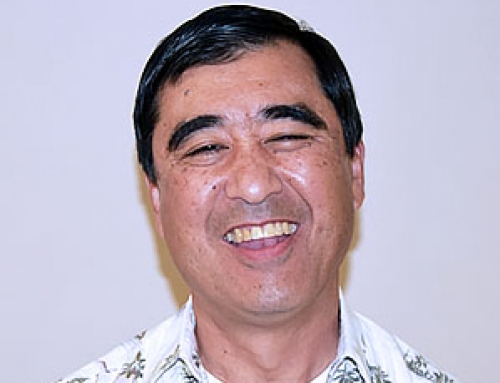I know there are some famous Japanese words in this Japanese American society. “Bakatare” which means fool or idiot is one of those. I was very surprised when I heard people saying “Bakatare” because I didn’t expect that they knew this word. I remembered that my grandma had told me “Bakatare!” harshly only once when she really got angry when I brought some flowers from my temple member’s garden when I was little. She thought I stole the flowers from their garden and scolded me, but they actually gave them to me to have me offer those to the altar in the temple. Poor little me …
There is a similar word to “Bakatare” in Zen vocabulary which was used during their practice. I am not sure if this word is still commonly used at their practices but, it is “Tanpankan(担板漢)” which means simply to say “Bakatare”. This is the word that the Zen masters used to scold the Zen practitioners to encourage them to attain enlightenment.
The literal meaning of “Tanpankan(担板漢)” is a man who carries a board. What is this kind of board? It is a wide board. Here is a background story in China of this word. A man visited his friend living in the suburbs while carrying the board on his shoulder. On his way, he was looking around the town and wondering why there were houses only on one side of the street in the town. When he arrived at his friend’s house, the man asked him about it. The friend said, “no, that’s not right. Houses are supposed to be built on both sides of the roads.” The man dug in his heels and said “no, I really saw the houses only on one side of the town.” After thinking about it, the man realized that he was carrying a board and couldn’t see the other side of the street. It is kind of a funny story, but if you carry something on you right shoulder, you can see only the left side, but you cannot see the right side. On the other hand, the same with other side. Hereafter, people started calling a person who can see only one side of the thing or has a narrow perspective as “Tanpankan.” And this word got adopted into Zen culture and this was used as the word for the Zen Masters to warn the practitioners of their immatureness and their stupidity that doesn’t look at the big picture in order to encourage their disciples to be aware of the situation and take the obstruction down and open their hearts.
I think” Tanbankan” is a great Zen word of encouragement because this includes the compassionate heart of the master who wishes for the practitioners’ growth and true awakening.
Looking back at our own lives through this story, I thought that it is no laughing matter to tease people in this way because it happens to us as well.
We might accidentally hurt others with our words or behaviors while we cannot see everything.
We tend to pretend to know as if we knew everything despite seeing only one side. The further our study goes, or the more experience we get, the more we tend to pretend to be smart, and the more we stick to our one-sided thinking, the more we separate ourselves from the world, and higher and the taller the board becomes which we carry on our shoulders. We can say that this shows us how we live as well.
Maybe we would ignore the people saying “Tanpankan” to such a cocky person even if they wanted to correct us because we will never realize our own true nature by ourselves.
Seeing the world through the wisdom and compassion of Buddhism which is beyond our experience and understanding, we will be able to deeply realize how nurtured our lives are with many causes and conditions which makes us who we are and how “Tanpankan” our way of seeing, thinking and living are in such a tiny ego. Dharma makes us take off the board from our shoulders and see the world as it is openly.
From Shinran Shonin’s letter called “Lamp for the Latter Ages,” he recalls his late master Honen’s word to him and cited it in his letter, “Persons of the Pure Land tradition attain birth in the Pure Land by becoming their foolish selves.”
Normally, people expect to become smarter and better by learning the teaching of Buddhism because they can obtain the Buddha’s excellent wisdom and compassion. Honen Shonin told Shinran Shonin the opposite thing like saying “to become a foolish self.” If you think you have already become a smarter and better person, you may have mistaken the teachings. But the teaching is not telling you to become a crazy person. But it is more mindful self-reflection.
This ego or self- attachment is the cause of suffering and the seed of us which makes us “Bakatare”or “Tanpankan” and which is also the very reason why Amida Buddha assures and nurtures each of us for our entire lives without abandoning anyone.




